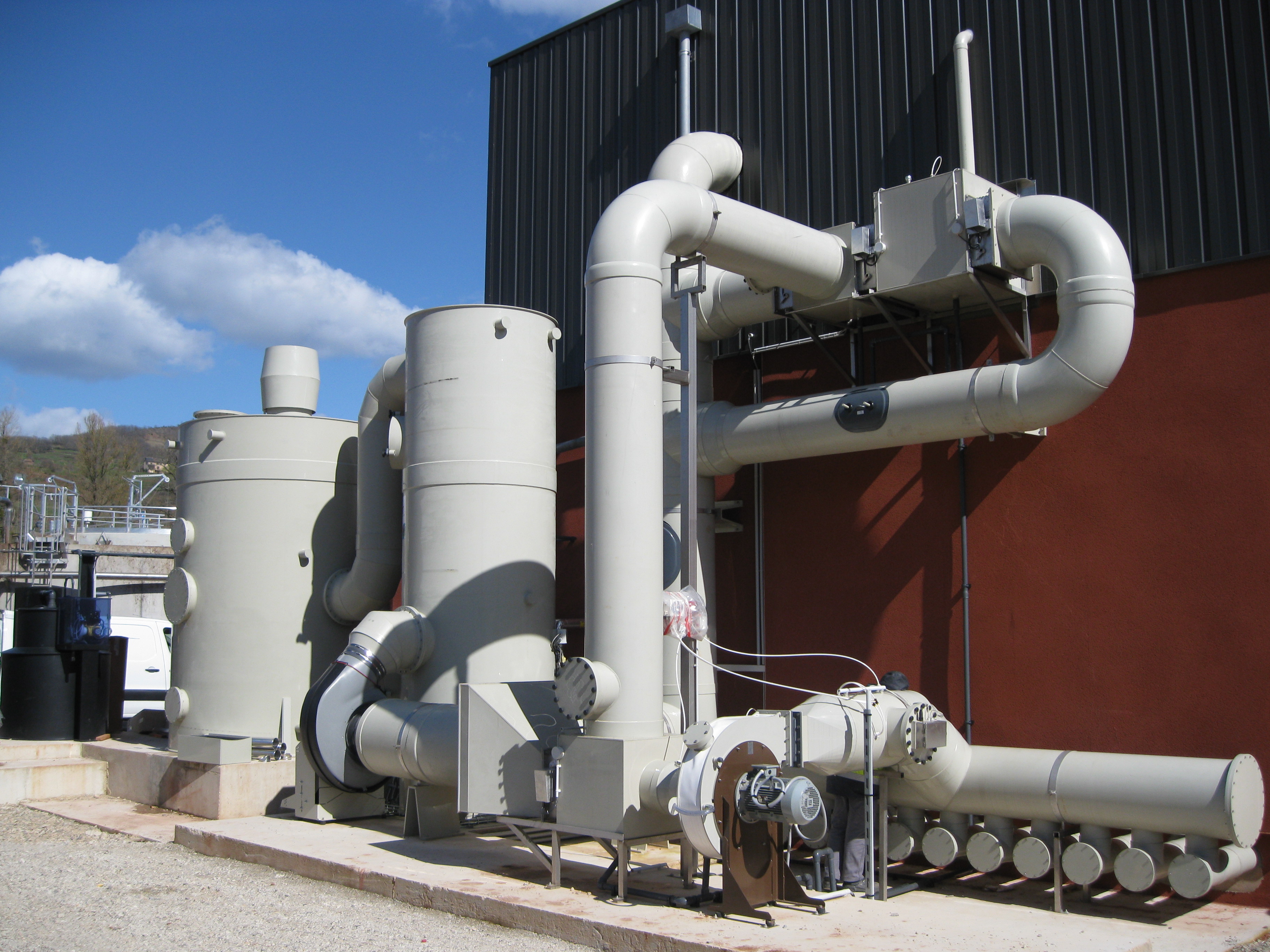As part of your industry, you may need to periodically remove potentially harmful liquids and particulates from natural gas streams.
The use of a gas scrubber can improve the purity of your natural gas by removing particulates and liquids. Learn how fuel gas scrubbers work, how to choose one, and where to find one that will keep your natural gas streams debris-free.
Table of Contents
The Gas Scrubber – What Is It?
As a result of using a gas scrubber, liquid hydrocarbons and harmful particles are removed from natural gas. By utilizing particle filters, coalescers, mesh pads, and other equipment, a natural gas scrubber system can remove pollutants from gas streams. Natural gas should be cleaned and dried for industrial uses using this type of gas scrubbing.
Applications of Fuel Gas Scrubbers
It is beneficial to use a fuel gas scrubber for a number of reasons. This filter can be used with any natural gas stream that contains particles, liquids, or corrosives. Superheating the end product with a fuel gas scrubber skid can also help prevent liquid from condensing in the combustion turbine nozzles.
A scrubber’s first application was to remove carbon dioxide from submarine air at an early stage in its development. The technology has been applied to a variety of industries, such as pharmaceuticals, chemicals, solar, and surface treatment.
When you require a gas scrubber in your line of work, consider using an IFS fuel gas skid.

What is the Process of a Fuel Gas Scrubber?
To remove unwanted particles from natural gas streams, a particle filter is used with a scrubber. Separating liquids is also achieved by using mechanical mesh pads. A scrubbing liquid, such as amine, can be used in addition to natural gas treatment to remove CO2 and H2S. The amine absorbs CO2 and H2S, which is why this type of treatment is known as absorption. It is regenerated and reused to regenerate the rich amine containing CO2 and H2S.
The Benefits of Gas Scrubbing
Since natural gas scrubbers have many advantages, they have been used for many years. Numerous applications make this a scalable process across multiple industries. Gas scrubbing is a proven method for cleaning natural gas, and the equipment can be easily installed and maintained. We invite you to view our inventory of IFS oil and gas skids if you are interested in these benefits.
Gas Cleaning has Several Disadvantages
There are always some downsides to gas scrubbing. For example, the particle filter must be periodically checked for particle buildup. Clogged filters cause a pressure drop across the filter elements as they become clogged by particulates. A new filter element must be installed when the manufacturer’s differential pressure is reached. Also, liquid separators will remove liquid from the natural gas. When the chamber is full, liquids are drained into another vessel after draining into a liquid chamber. A liquid level controller monitors and drains the liquid when it is full.





